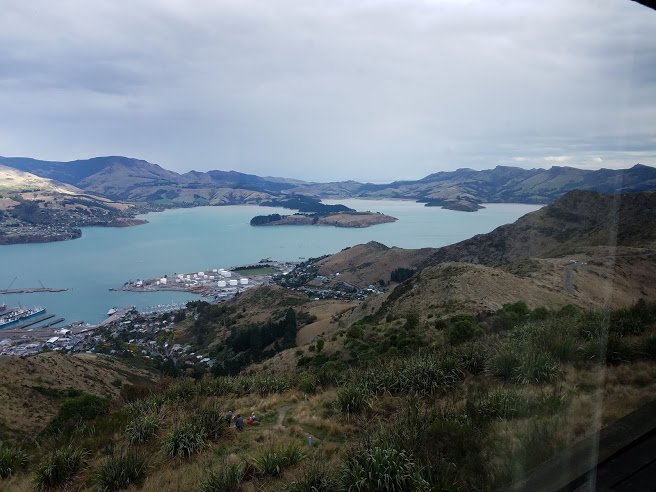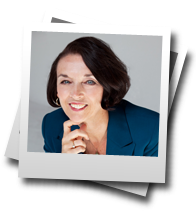
When you travel you see such amazing things like this view from the top of a mountain near Christchurch New Zealand. I hope your trips are over the top exhilarating. These tips might help to keep you safe and to increase your fun.
I’ve learned a lot of things because of my incident (see prior blog post), what I did that worked, what I did that didn’t work, and ideas others told me when I got back. I’m reminded of what I learned early in my career. It’s smart to learn from your own mistakes. It’s wise to learn from other’s mistakes. So here are things that I hope you’ll use to travel wisely.
Thanks to all who have added their suggestions. If you want to talk about any of these, schedule a time to talk on https://calendly.com/drivingimprovedresults/60min.
Be safe and have a wonderful time.
- Research on Google ‘scams in <the country> and <the city>’ before I go, so I know what to watch out for and take precautions.
- Research on Google ‘unsafe neighborhoods in <the city>’ before I go so I don’t inadvertently wander into those neighborhoods.
- Don’t get into cars with strangers.
- Don’t take food from strangers.
- Don’t go on tours when I’m the only one on the tour. (This happened to a person I met at a hostel. Even though the tour was well-vetted, she still got locked into a store and they tried to get her credit card.)
- Have locks on my luggage so no one can slip something illegal in and then blackmail me so it will go through the airport scanner. It doesn’t matter if you have the best oliver thomas tennis backpacks or the best American Tourister. You must keep them locked at all the times you’re out.
- Use the app currently on my phone (XE) to do money conversions so I know what I’m paying every time. (a tip from a fellow hostel-er)
- Carry a non-active (but not expired) ATM card in my money belt. Hide my active ATM card in another place on my person. (a tip from a well-traveled tour operator)
- If you suspect you’ve been drugged, immediately go to a hospital/clinic and get a blood/urine test so you have proof. Do it right away before it wears off or leaves your system. (I wish I had thought of that at the time.)
- If you’ve been drugged and robbed and you need to file a fraud claim, make sure the drug is completely out of your system when you file the claim. Any grogginess in that initial phone call that results in incomplete details will be considered ‘inconsistencies’ and will be held against you. (yes, I experienced that.)
- T-Mobile’s international plan is better and less costly and cumbersome than Verizon’s. (found that out from fellow hostel-ers)
- After I was robbed, I needed cash to finish the trip and I couldn’t use my ATM card. Getting cash from a credit card is very expensive. I used Moneygram. There was a small fee when my husband set it up and there was a small fee when I got the cash in the country’s currency. But it was immediate and easy and available in the most backward of areas. Didn’t even need a bank.
- When you’re flying into some countries, they want to know your plans for leaving that country before they’ll give you a boarding pass. Be prepared to show the flight reservation for when you’re leaving. I found it easier to carry a printout so I didn’t have to fumble with my phone, worry about wifi or if it was charged. I had 10 flights on my last trip. I numbered the printouts in date order with a magic marker so I could find them easily.
- For my purposes a really light roller bag was better than a backpack with wheels. I also found having the roller bag and a backpack gave me lots of flexibility for short side trips, going back and forth to hostel bathrooms, keeping me organized, and having a personal item on the plane when they wanted to check my bag.
- After researching best credit cards to use for travel, I got the Chase Sapphire Preferred. Benefits include: a bunch of start up points, double points on food and travel, no international transaction fees. It’s recommended on a number of travel sites.
- I kept in touch with family and friends with ‘What’s App’. I also had a google spreadsheet with dates and locations and hostel contact info so people could track me down if necessary. I booked my hostels along the way so it was important my family had this to rely on.
- On the second tab of the google spreadsheet I had some time conversion tables for the countries I was going to be in and the dates I’d be there. I used it and my family used it, too, so we could plan good call times when the other person wasn’t sleeping.
- I have an Android phone. The pictures I took automatically came over to Google Photos. I copied them into a Google Photos ‘album’ and added comments. They all automatically had dates and locations and were in sequence. Easy. And easy to share with friends and family as I traveled. Also, easy to mix in pictures that fellow travelers took and sent to me.
- When I bought things in New Zealand and Australia, I often was asked when I presented a credit card, ‘do you want to pay in the country’s currency or in American dollars?’ Choose the country’s currency. If you choose American dollars, they convert at a very high rate, even more than an international transaction fee. They make money on it.
- I used Hostelworld.com to choose my hostels. I also asked the other travelers and then verified their choices with Hostelworld. I checked for being close to the city center, cleanliness, safety, staff friendliness/helpfulness, etc. I read the reviews, especially by older travelers. I didn’t stay at the cheapest, nor the most expensive. (Remember hostels are a fraction of what a hotel costs.) I also avoided hostels that advertised they were party places for 18-25 year-olds. I was not disappointed. Every hostel was well described. I was very happy every place I stayed.
#travelingwhileworking #workingwhiletraveling

 Jeri Quinn from Driving Improved Results is an executive coach, management consultant, speaker and author who focuses on communication in her work with executives and companies. She is the author of The Customer Loyalty Playbook, 12 Game Strategies to Drive Improved Results in Your Business. With more than 40 years as a serial entrepreneur.
Jeri Quinn from Driving Improved Results is an executive coach, management consultant, speaker and author who focuses on communication in her work with executives and companies. She is the author of The Customer Loyalty Playbook, 12 Game Strategies to Drive Improved Results in Your Business. With more than 40 years as a serial entrepreneur.

